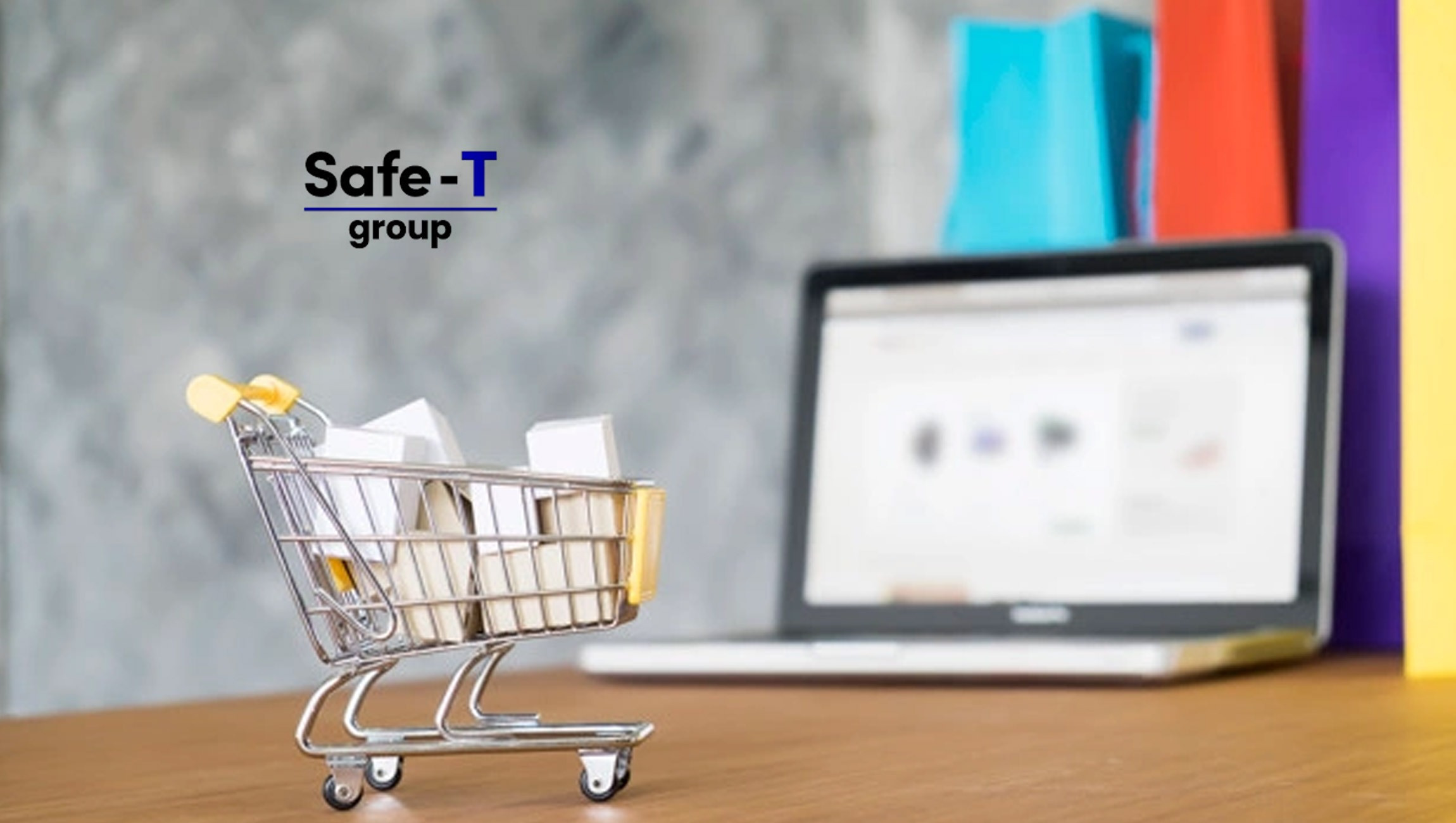DeepIntent’s Patient Modeled Audiences Solution Uses Industry’s Most Comprehensive Real-World Clinical Datasets to Precisely Reach Patient Populations, Including Those Facing Rare Diseases and Low Prevalence Conditions
DeepIntent, the leading healthcare advertising technology company built to influence patient health and business outcomes, today announced that the United States Patent and Trademark Office has granted the company a patent for its Patient Modeled Audiences technology that enables pharmaceutical advertisers to reach highly-qualified patient audiences with speed and precision, in a privacy-safe way.
Marketing Technology News: How New-Age Organizations are Driving Social Impact through Corporate Social Responsibility (CSR)…
With the patented Patient Modeled Audiences technology, advertisers can use the industry’s most comprehensive real-world clinical datasets to increase audience quality and improve programmatic campaign performance. The patent positions DeepIntent as the only demand side platform (DSP) that can use the HIPAA-compliant Patient Modeled Audiences technology to determine the correlation between demographics and disease to create precise, campaign-specific modeled audiences.
“Healthcare marketers seeking to raise awareness of new clinical trials and treatments among patients, especially those suffering from rare diseases, have had to cast a wide net to reach clinically-relevant audiences because they didn’t have a solution that offered the necessary scale and precision in a privacy-safe way. The inefficiencies of many existing solutions has led to wasted ad dollars and missed opportunities to improve patient health,” said DeepIntent Founder and CEO Chris Paquette. “Patient Modeled Audiences is a game-changing technology that unlocks the value of real-world healthcare data to improve the audience quality of programmatic campaigns. It represents a huge step forward in our mission to use data science to help marketers reach patients with information that can improve their quality of life.”
Marketing Technology News: MarTech Interview with Mary Lou Joseph, Director of Content Marketing for Verint
DeepIntent’s patented technology is equally as successful at reaching qualified patient audiences for common conditions such as Chronic Obstructive Pulmonary Disease (COPD) and Plaque Psoriasis as it is for low-incidence and rare conditions with a fraction of the prevalence, such as Multiple Sclerosis and Hereditary Angioedema (HAE). The unique technology empowers marketers to reach rare disease patients during the narrow, critical window soon after diagnosis, increasing the likelihood of getting patients on therapy and on their way to wellness.
Patient Modeled Audiences provides complete transparency with visibility into model inputs, scores, and audience selection. It is also tightly integrated with DeepIntent’s DSP for streamlined, end-to-end programmatic activation, measurement, and optimization across all devices and channels, including connected TV.
Reinforcing the company’s growth and momentum, this is the second patent DeepIntent has been granted within six months. The company was recently awarded a patent for its DeepIntent Outcomes™ technology, which optimizes live campaigns based on real-world clinical data to improve audience quality and script performance. Both solutions are a testament to DeepIntent’s mission to improve patient outcomes through the artful use of advertising, data science, and real-world clinical data. In addition, Patient Modeled Audiences was recognized as one of the most innovative products of 2020 by PM360.
Marketing Technology News: MarTech Interview with Jodi Alperstein, VP & GM at Twilio Segment











